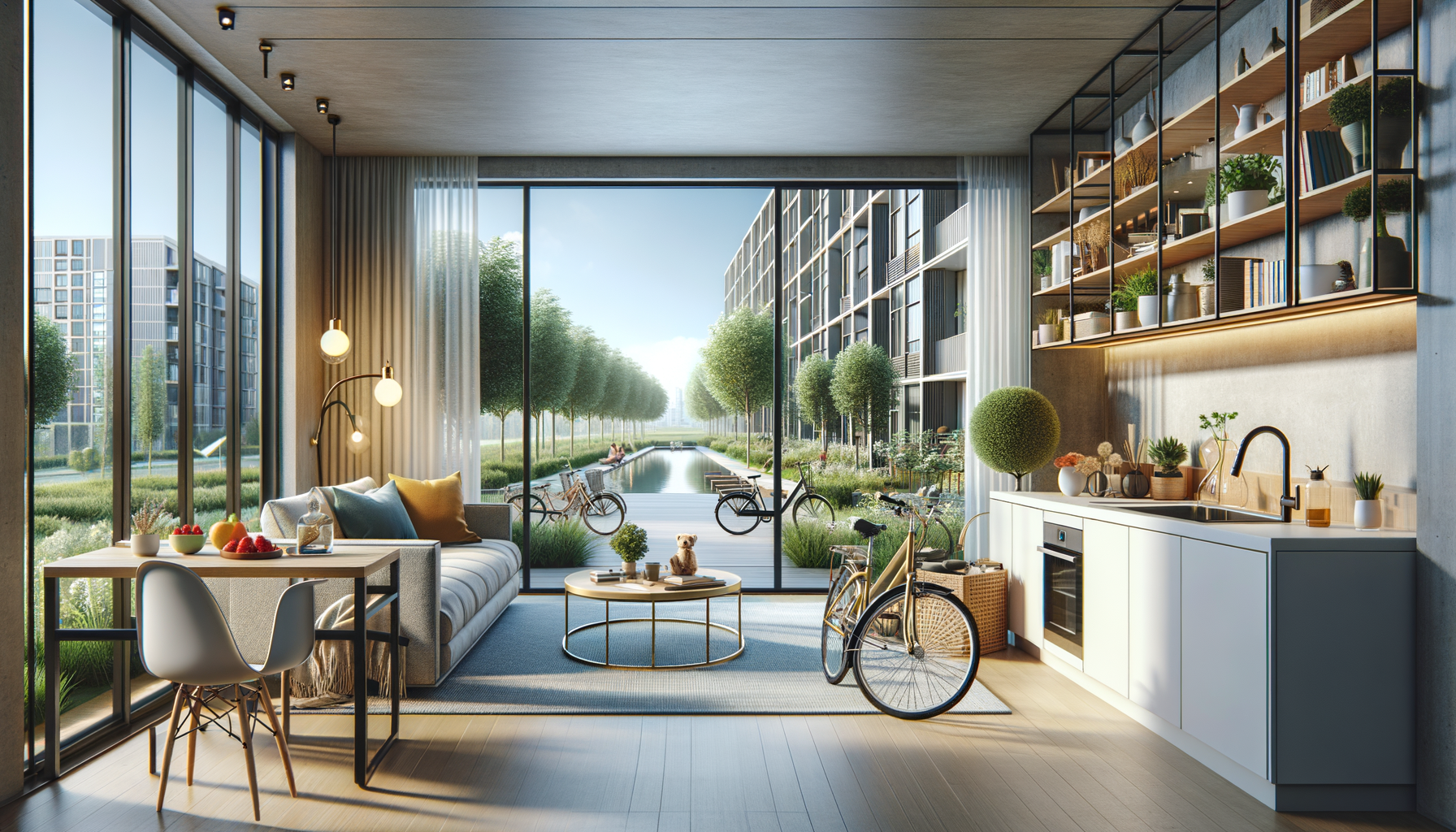Introduction to Apartment Rentals
In today’s fast-paced world, finding the right place to call home is more important than ever. Apartments to rent offer a flexible and convenient housing solution for many individuals and families. Whether you’re a first-time renter or looking to relocate, understanding the nuances of apartment rentals can greatly enhance your living experience. This guide aims to provide valuable insights and practical advice on navigating the rental market, ensuring you find an apartment that suits your needs and lifestyle.
Understanding the Rental Market
The rental market is a dynamic entity that fluctuates based on various factors such as location, demand, and economic conditions. It’s essential to stay informed about current trends to make an educated decision. For instance, urban areas often see higher demand due to their proximity to amenities and employment opportunities, leading to increased rental prices. Conversely, suburban neighborhoods might offer more affordable options but require a longer commute.
One of the critical aspects to consider is the type of apartment that fits your lifestyle. Options range from studio apartments, which are ideal for singles or students, to larger multi-bedroom units suitable for families. Each type comes with its own set of advantages and potential drawbacks, making it crucial to assess your priorities and budget carefully.
Moreover, understanding lease agreements and rental terms is vital. Lease durations can vary, with typical options being six months, one year, or even month-to-month arrangements. It’s important to read the fine print and clarify any uncertainties with the landlord or property manager to avoid future disputes.
Finding the Right Apartment
Finding the perfect apartment involves more than just browsing listings online. It requires a strategic approach to ensure you secure a place that meets your requirements. Start by creating a checklist of must-have features, such as proximity to public transportation, pet-friendliness, or on-site amenities like gyms and pools.
When visiting potential apartments, pay attention to the surrounding neighborhood. Consider factors like safety, noise levels, and access to essential services like grocery stores and schools. It’s also beneficial to speak with current residents to gain insights into their experiences living in the building.
Utilizing online platforms and rental agencies can streamline the search process. These resources often provide detailed information about available units, including photos, floor plans, and pricing. However, always conduct in-person visits before making a final decision to ensure the apartment meets your expectations.
Budgeting and Financial Considerations
One of the most critical aspects of renting an apartment is managing your finances effectively. It’s crucial to establish a realistic budget that accounts for not only rent but also additional expenses such as utilities, internet, and renter’s insurance.
Before signing a lease, calculate the total cost of living in the apartment. This includes understanding any additional fees, such as security deposits, application fees, and pet fees if applicable. Knowing the full financial commitment upfront can prevent unexpected surprises later on.
Furthermore, maintaining a good credit score can enhance your chances of securing an apartment, as many landlords conduct credit checks as part of the application process. If your credit is less than ideal, consider finding a co-signer or offering a larger deposit to alleviate the landlord’s concerns.
Making the Move and Settling In
Once you’ve found your ideal apartment and sorted out the financials, it’s time to prepare for the move. Planning and organization are key to a smooth transition. Start by decluttering and packing belongings well in advance to avoid last-minute stress.
On moving day, ensure you have a checklist of tasks to complete, such as setting up utilities, updating your address, and familiarizing yourself with the building’s rules and regulations. It’s also a good opportunity to introduce yourself to neighbors and become acquainted with the community.
After settling in, take the time to personalize your space. Adding personal touches like artwork, plants, and cozy furnishings can transform an apartment into a home. Remember, the goal is to create an environment where you feel comfortable and happy.




Leave a Reply